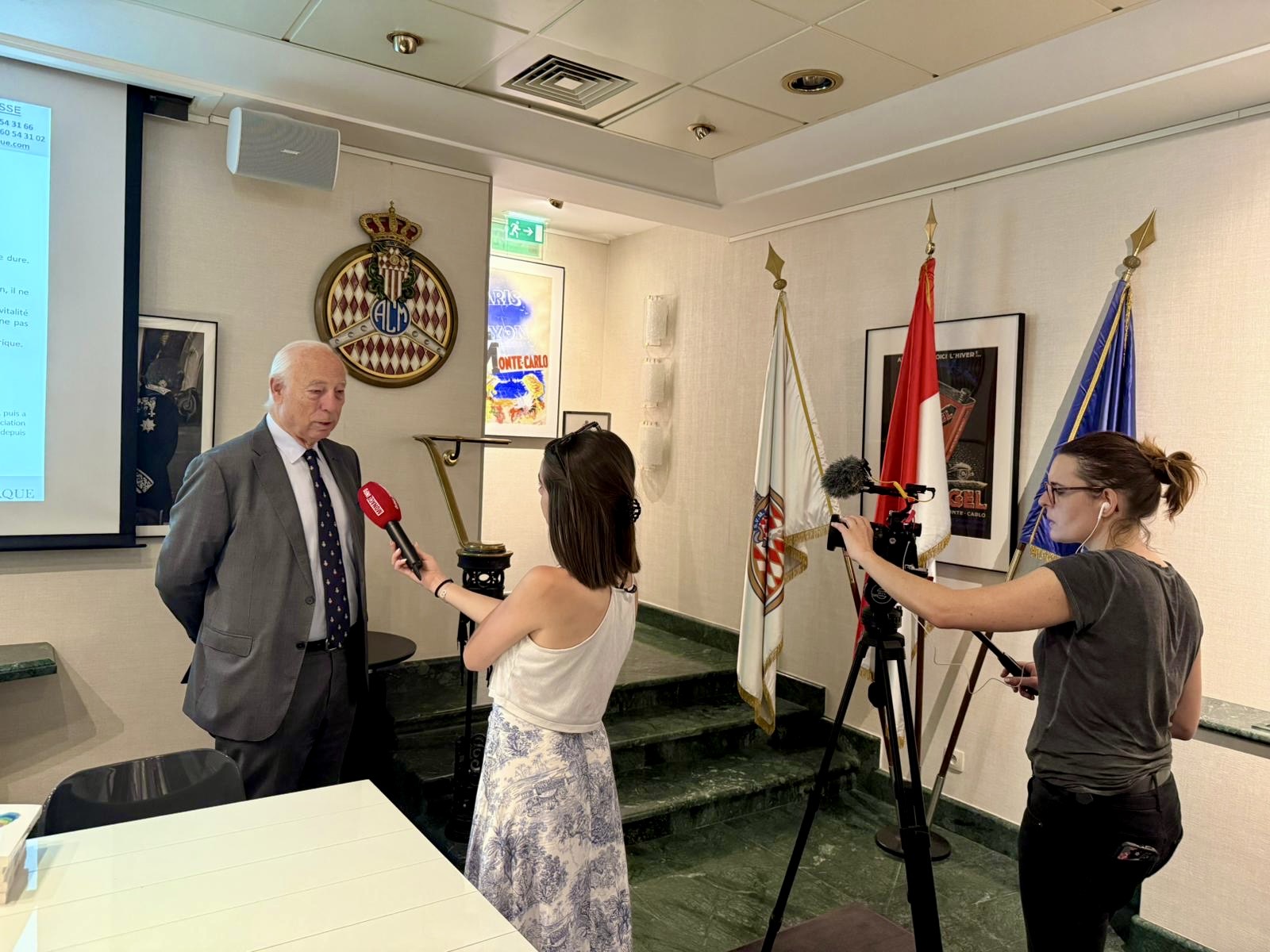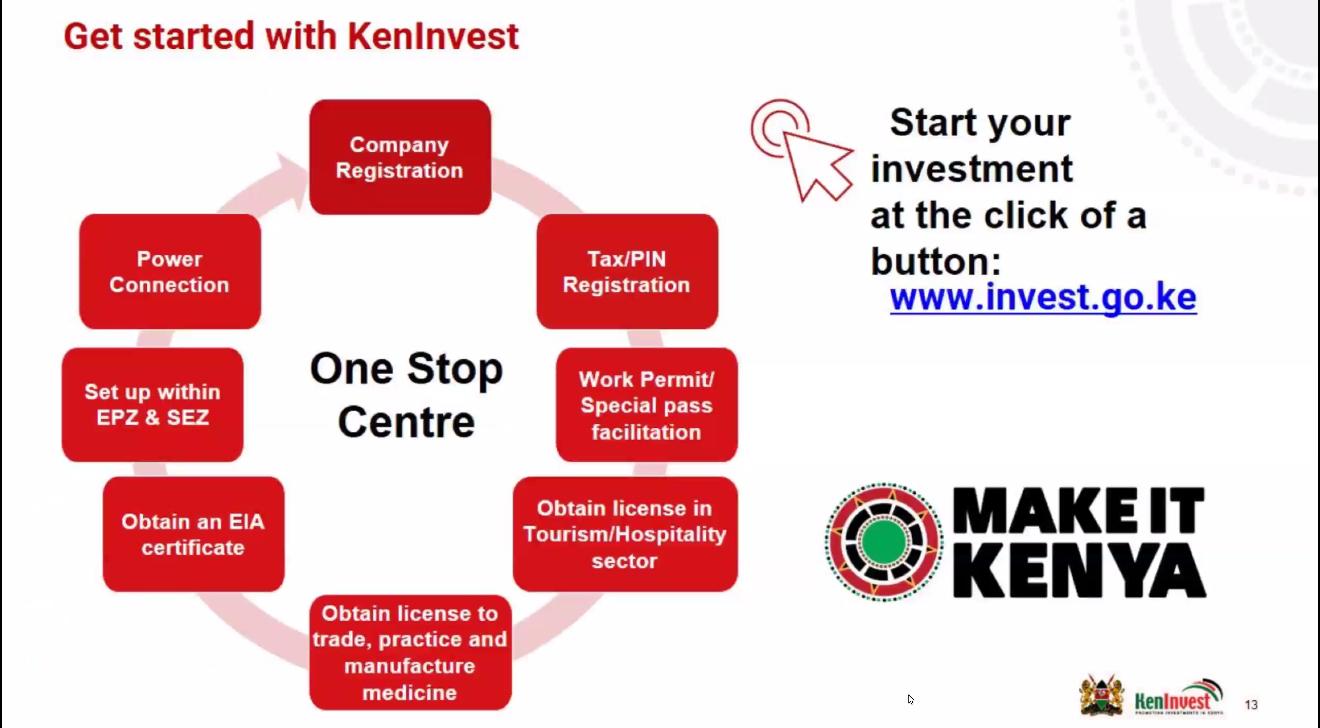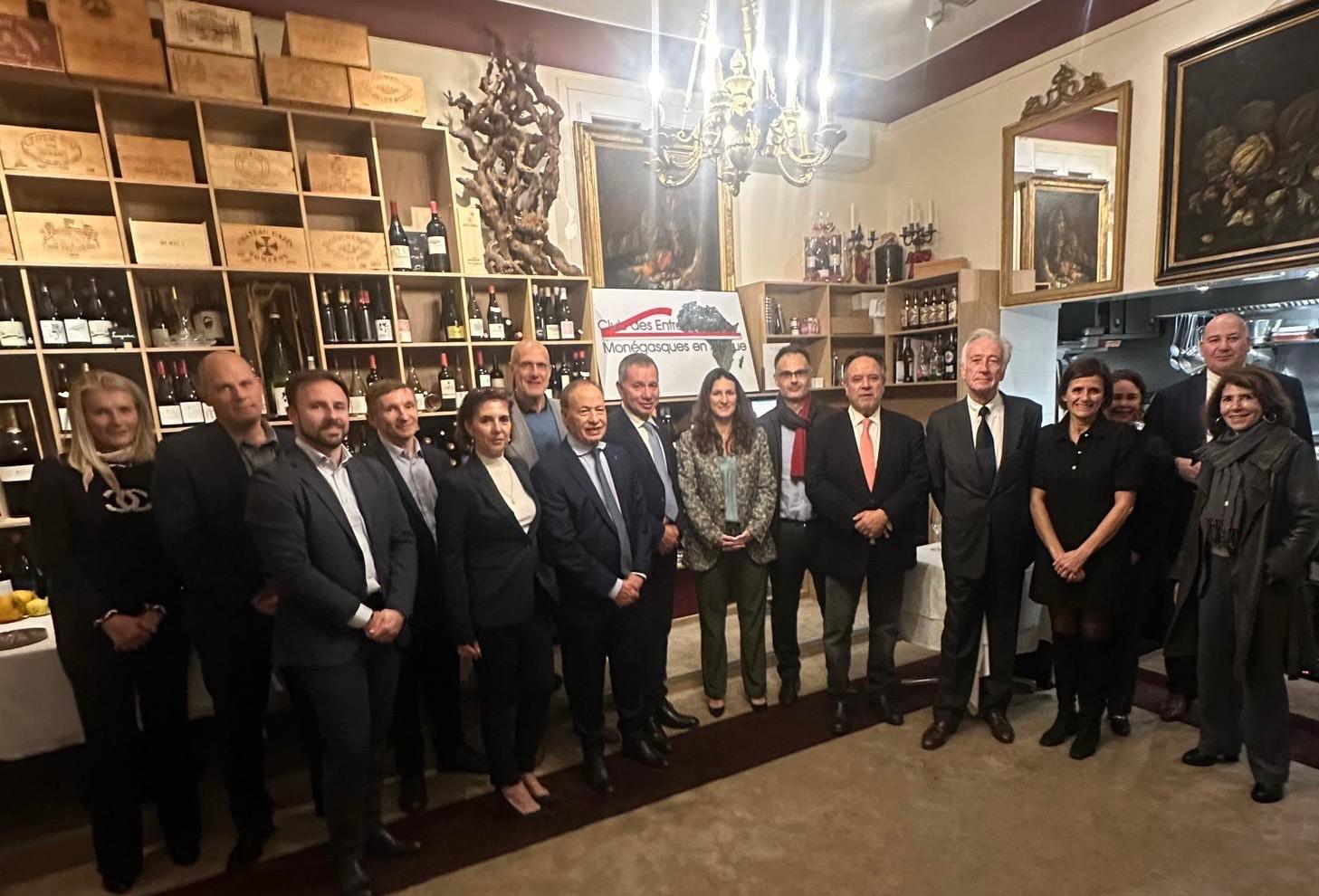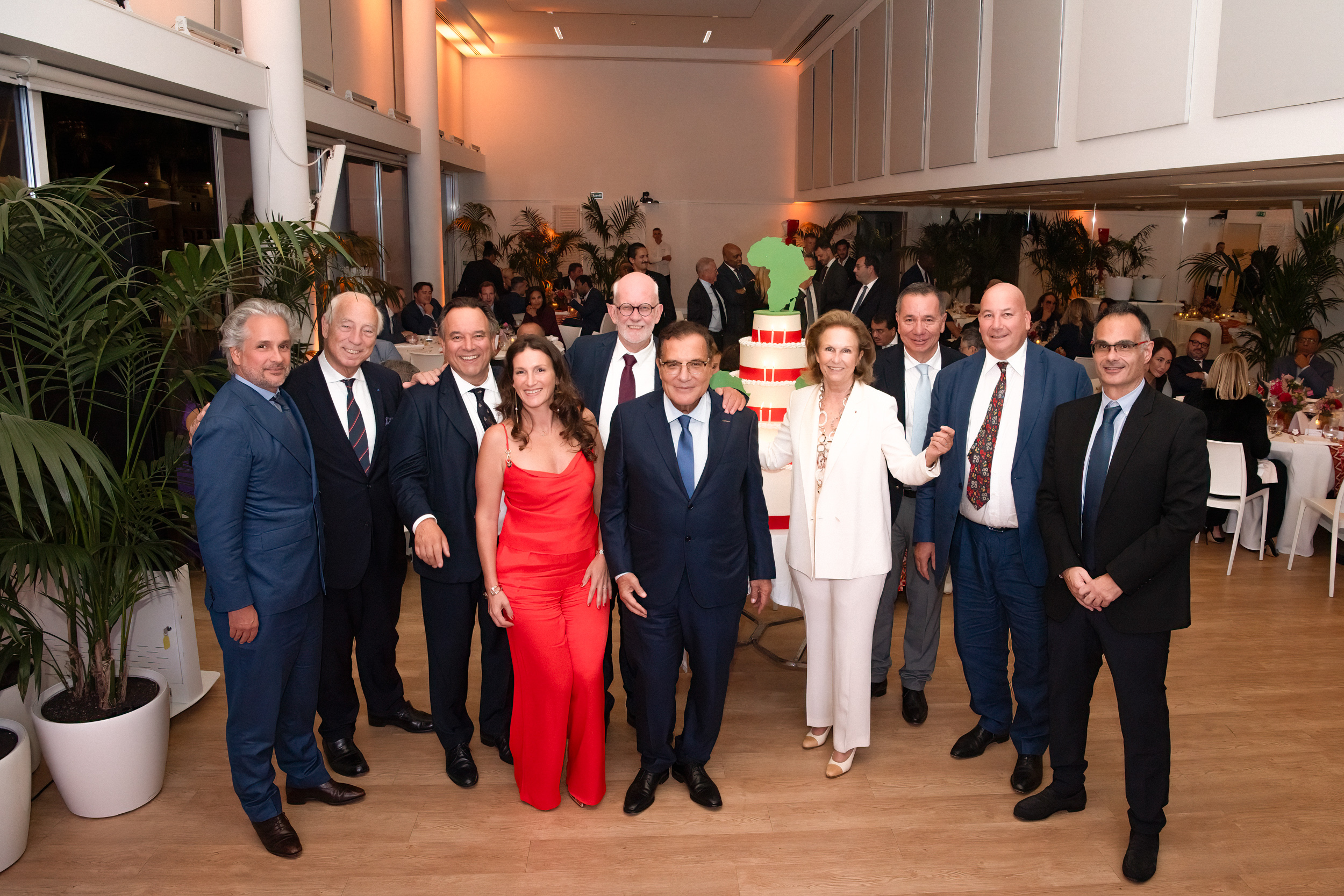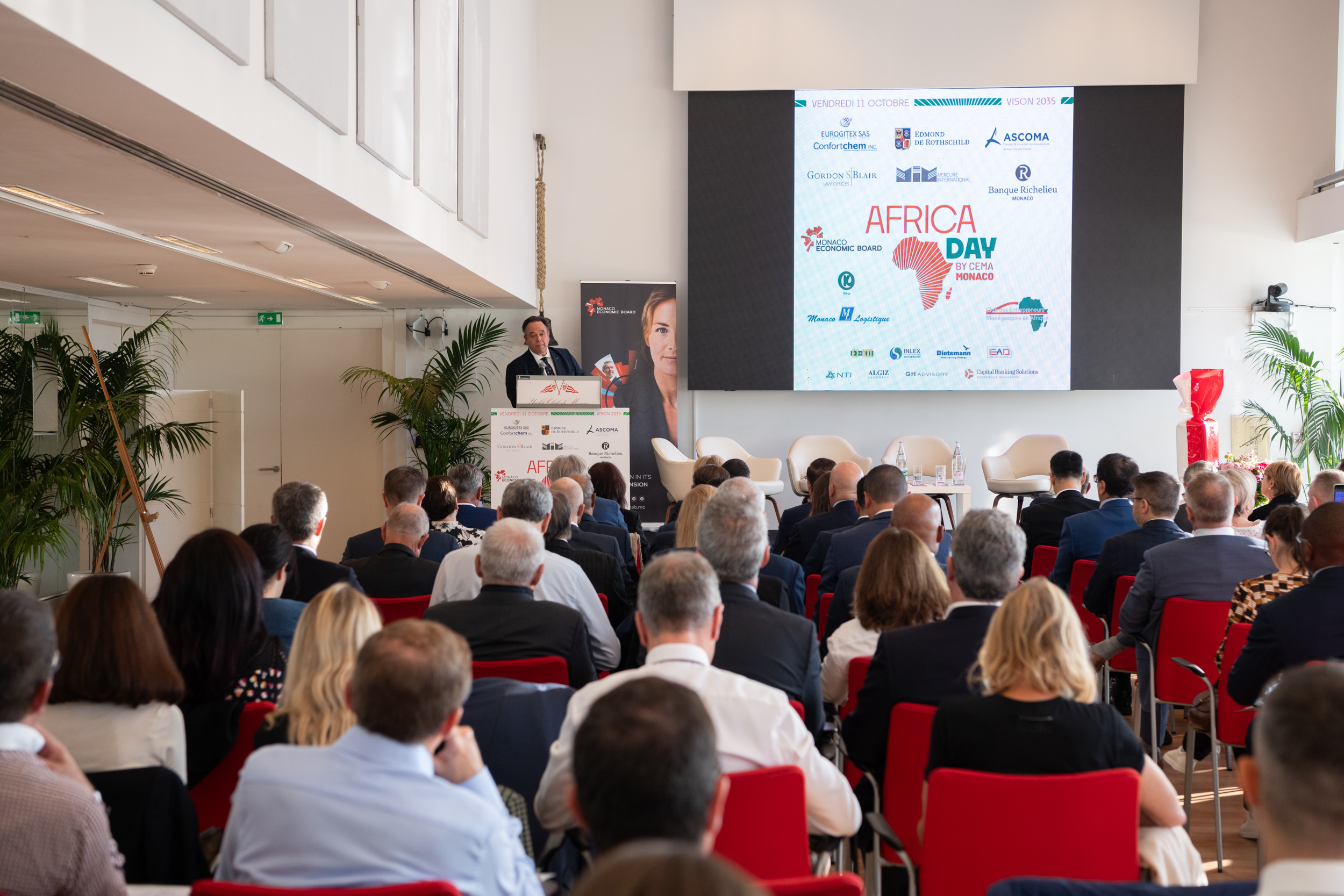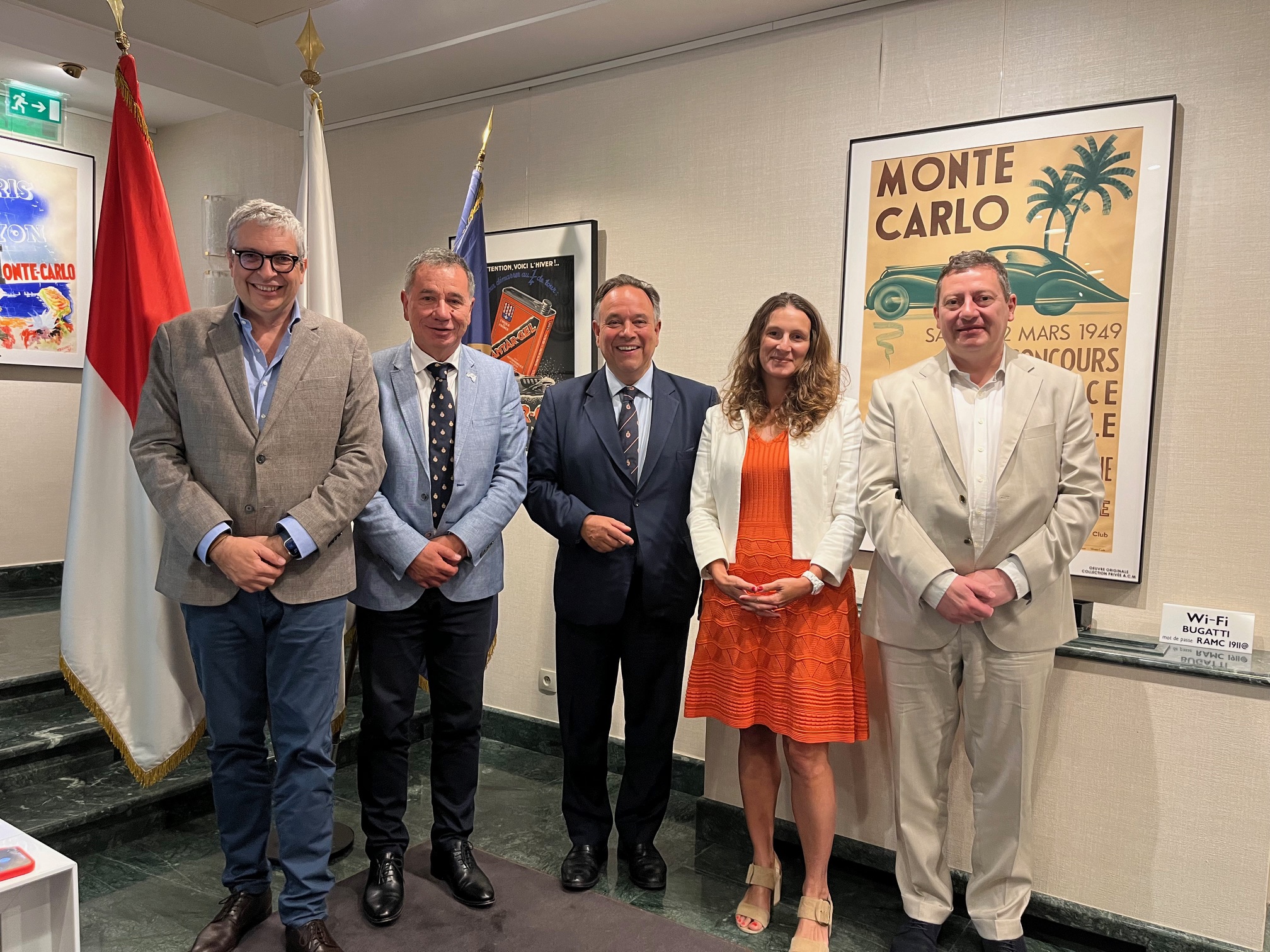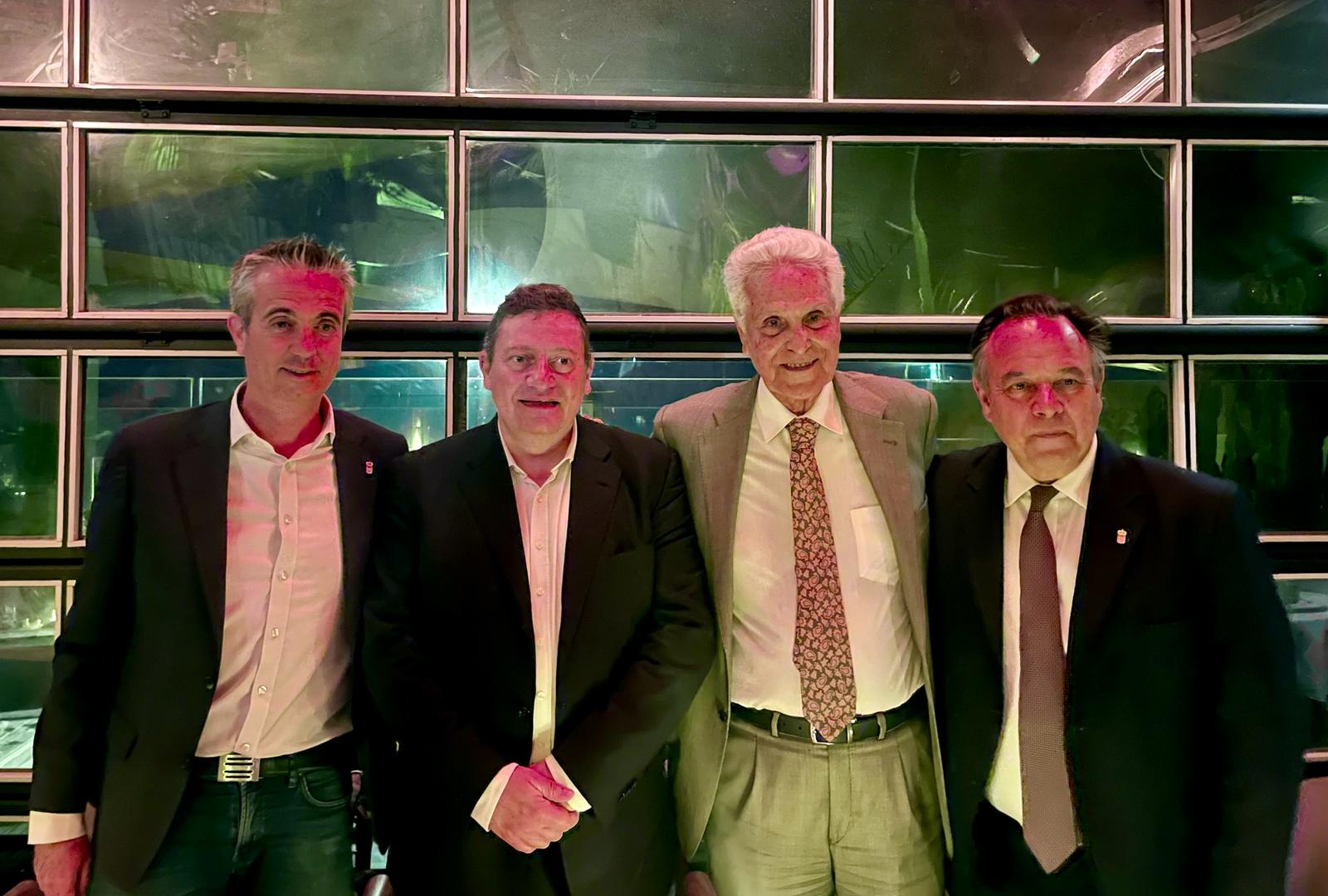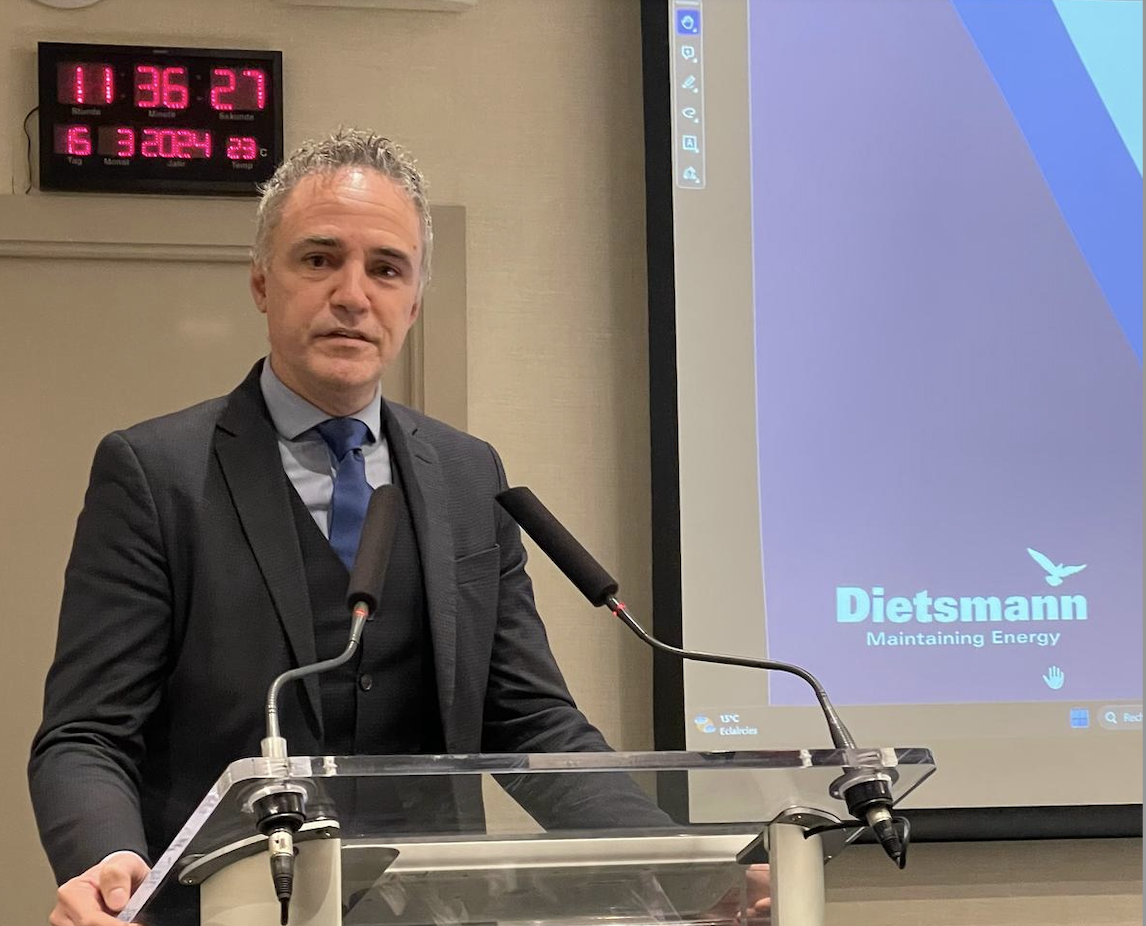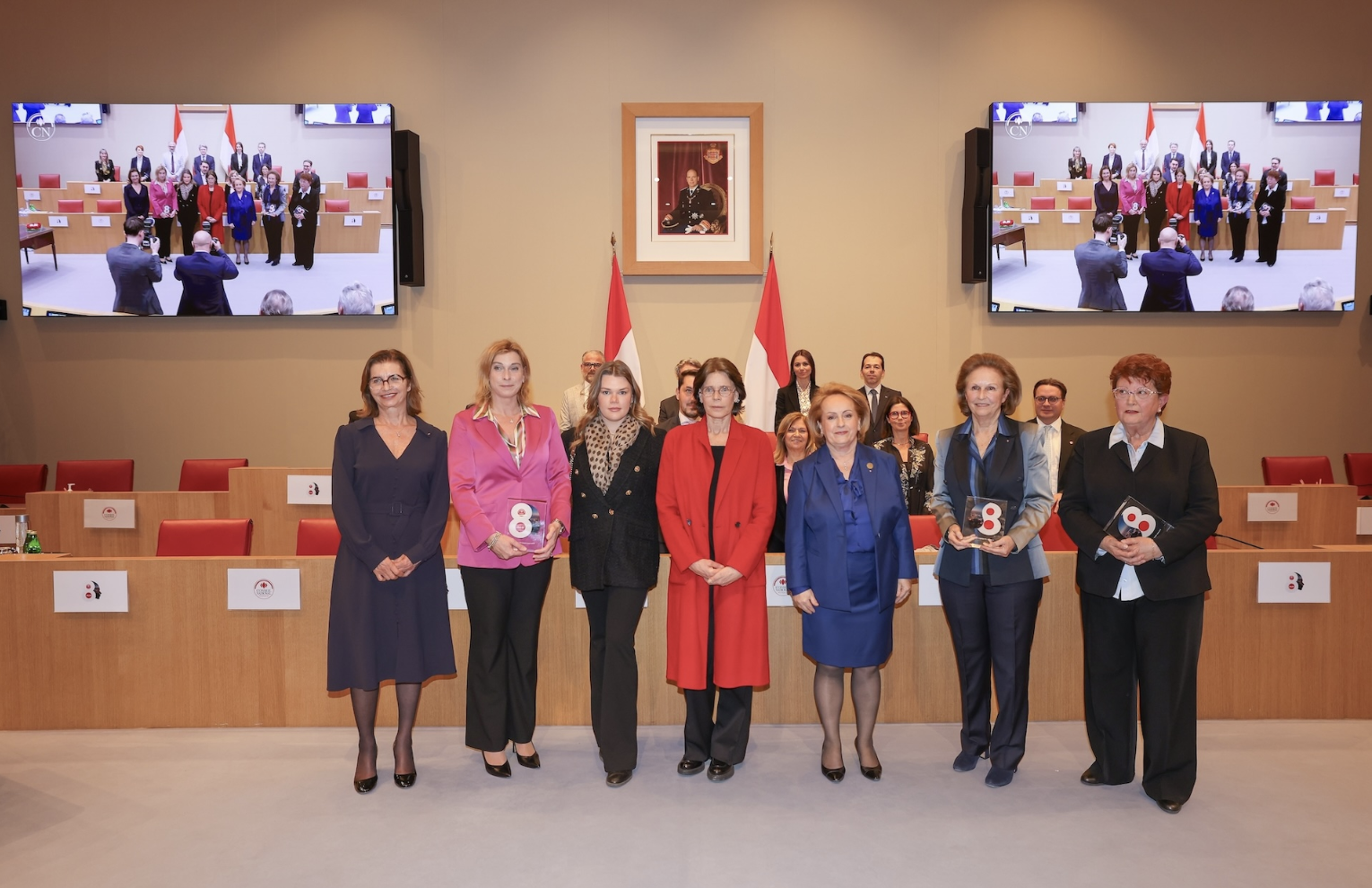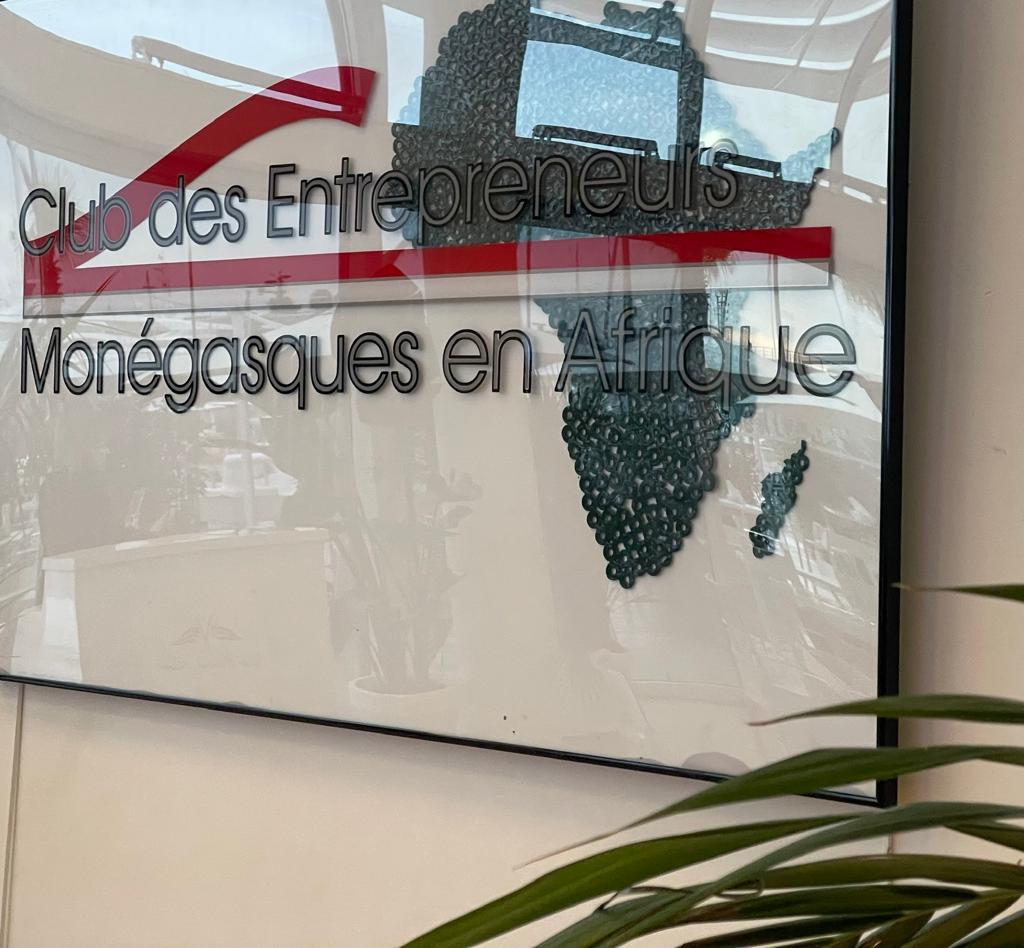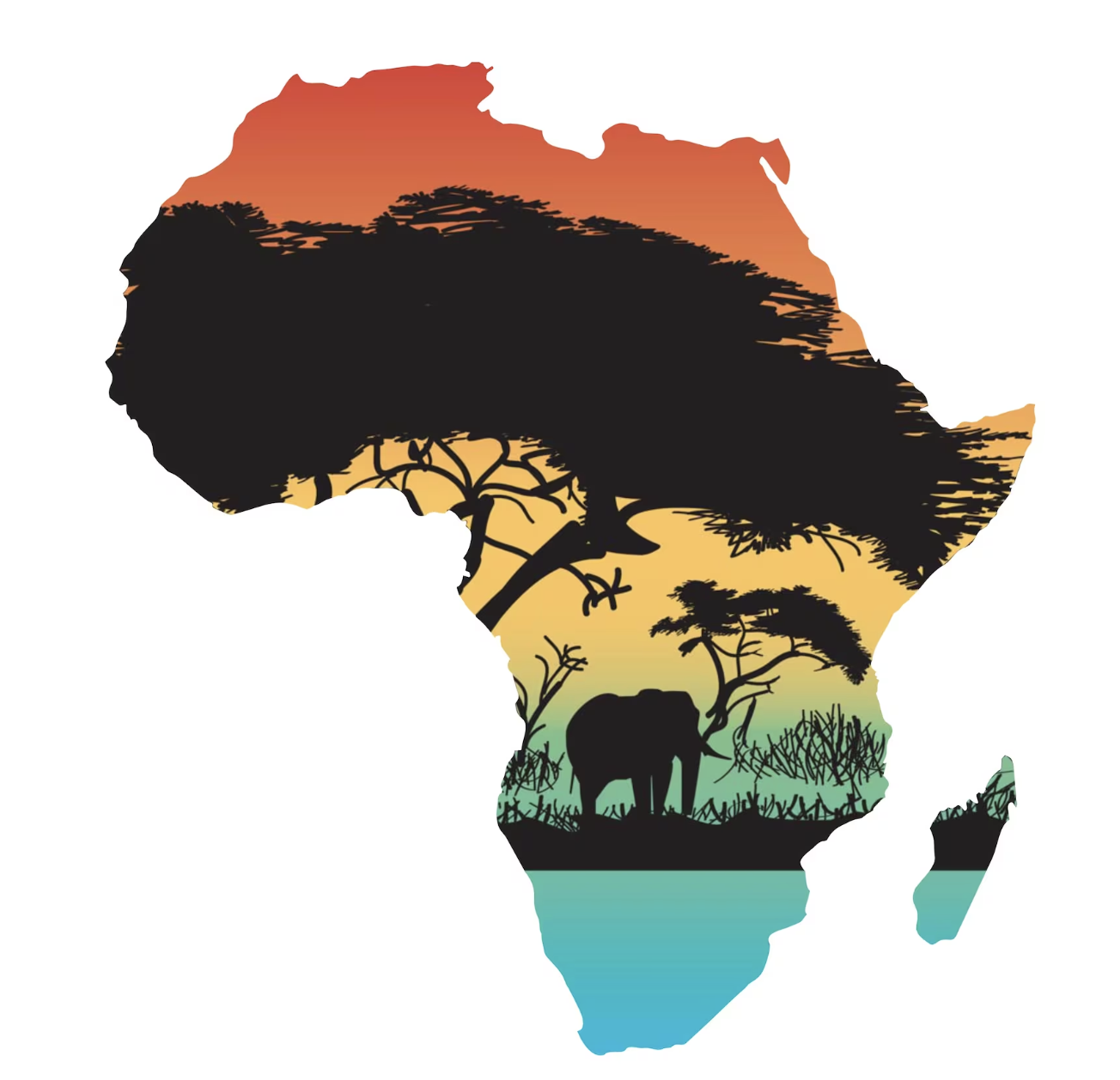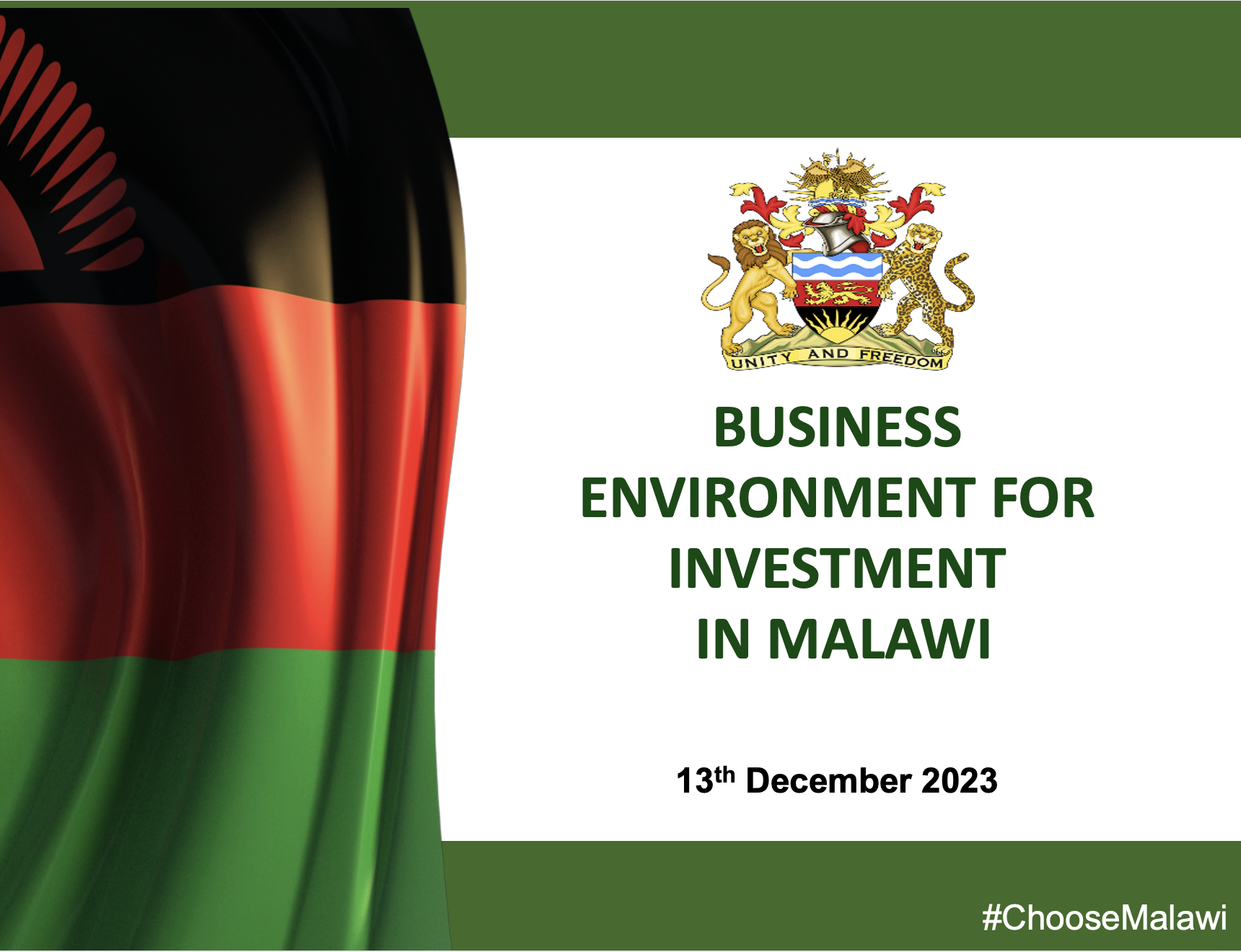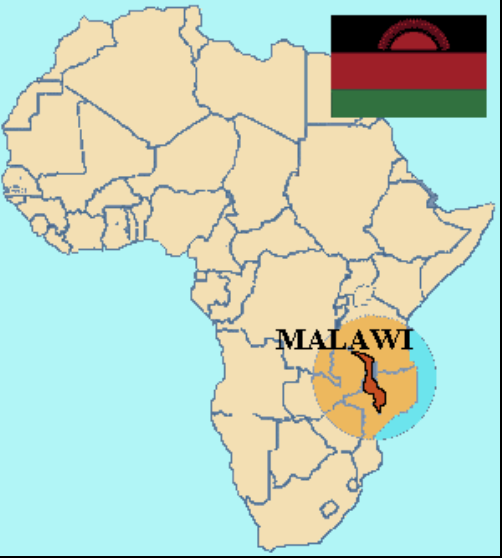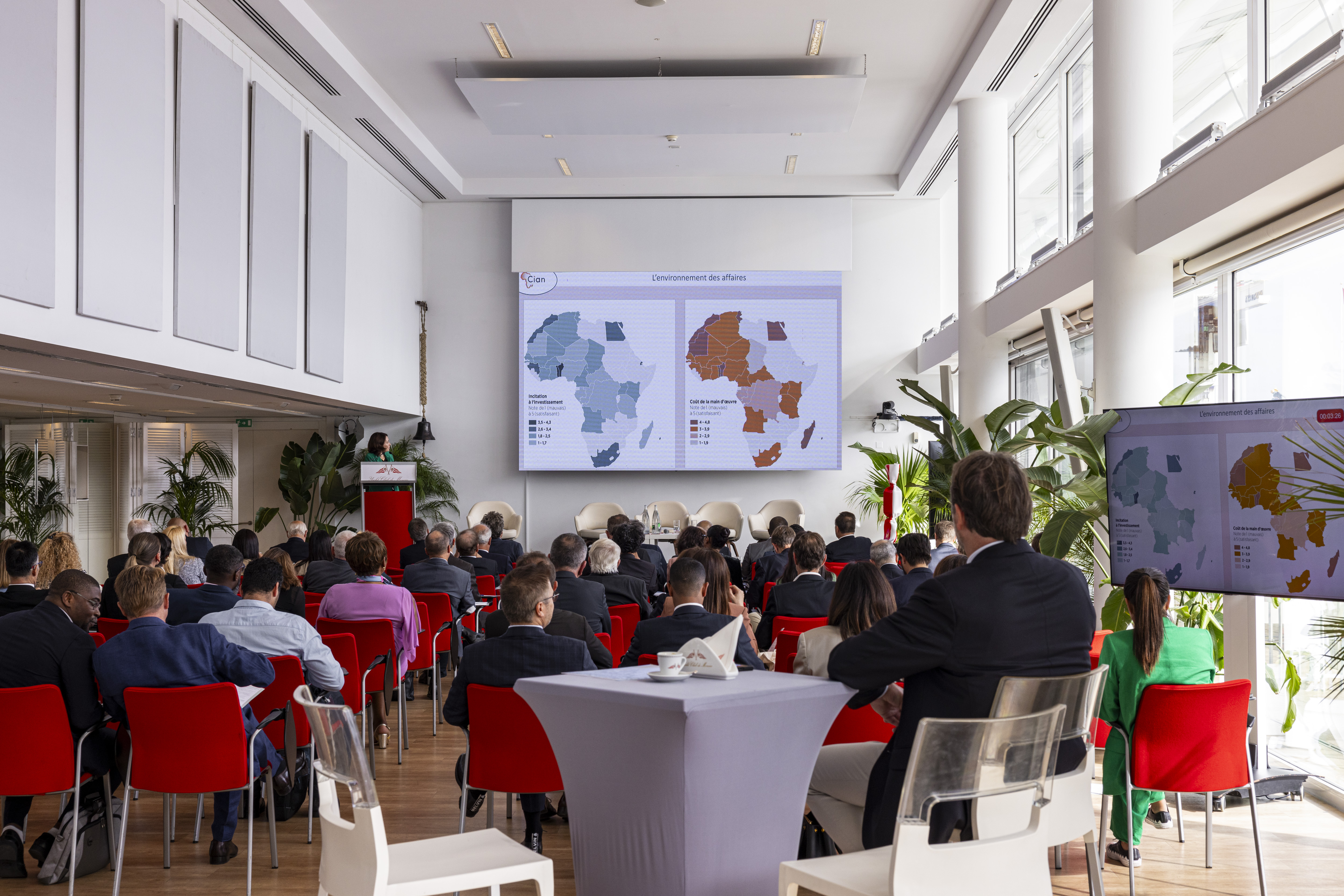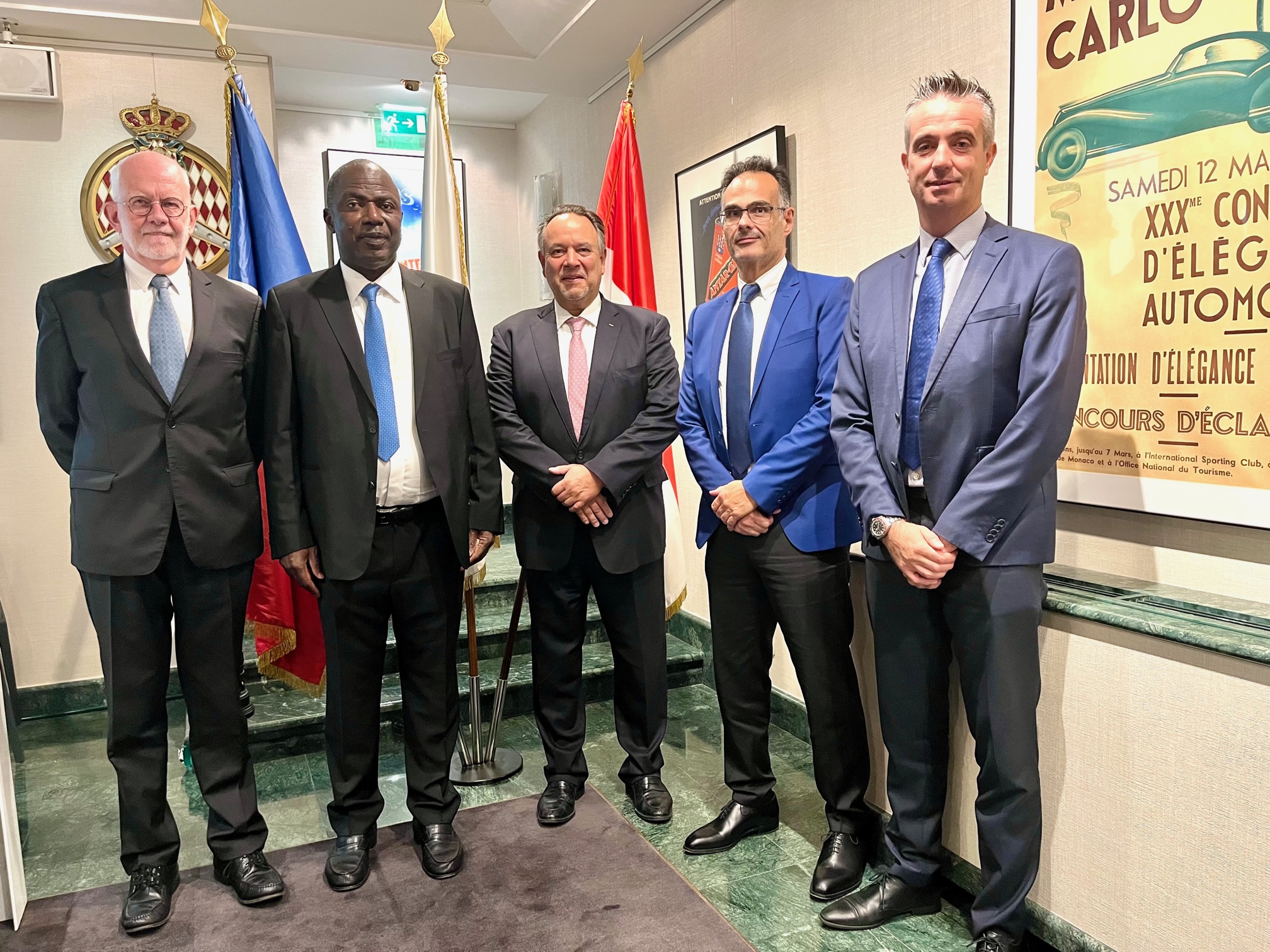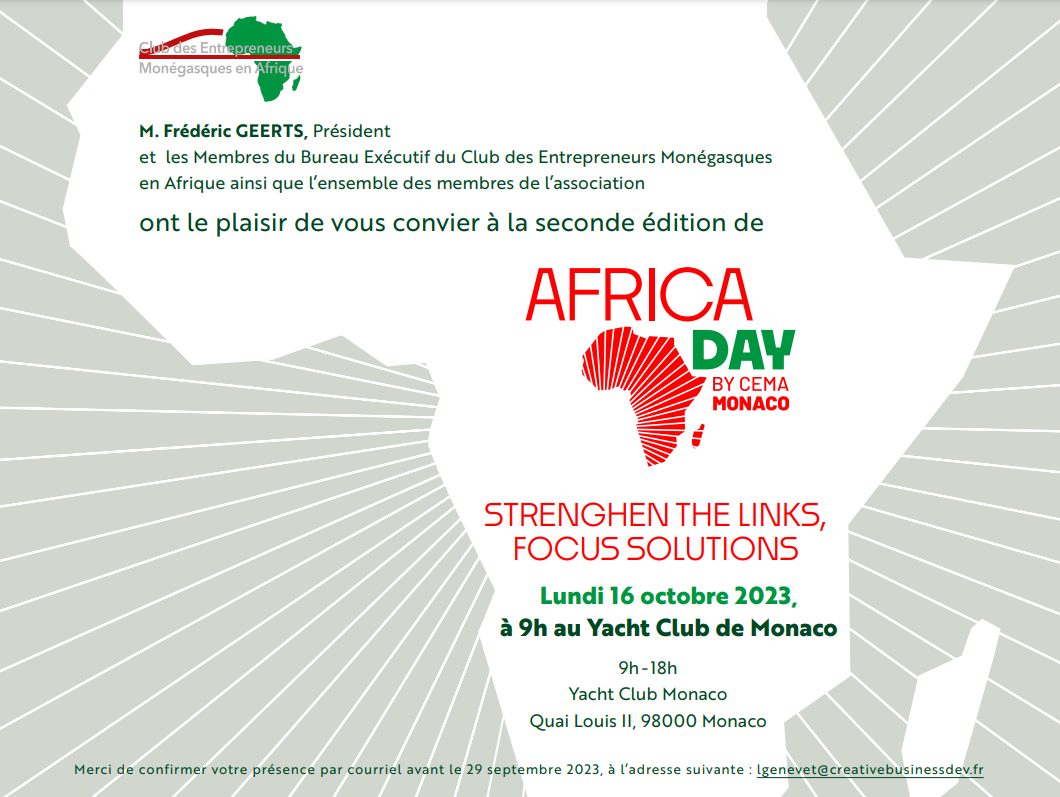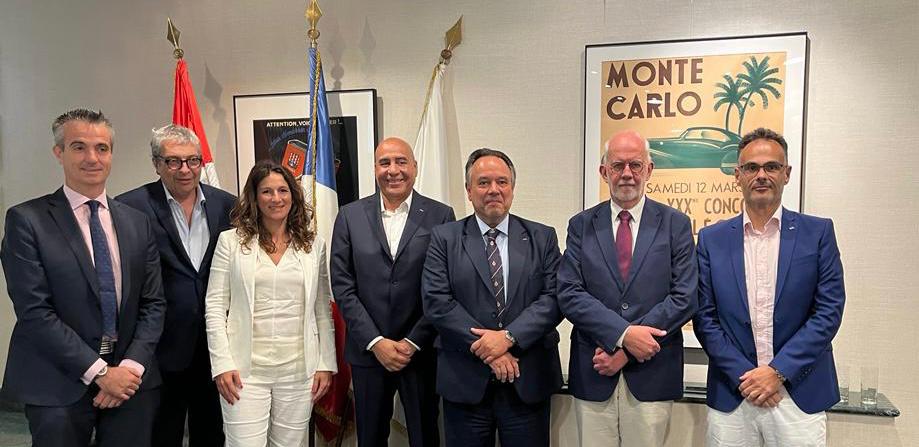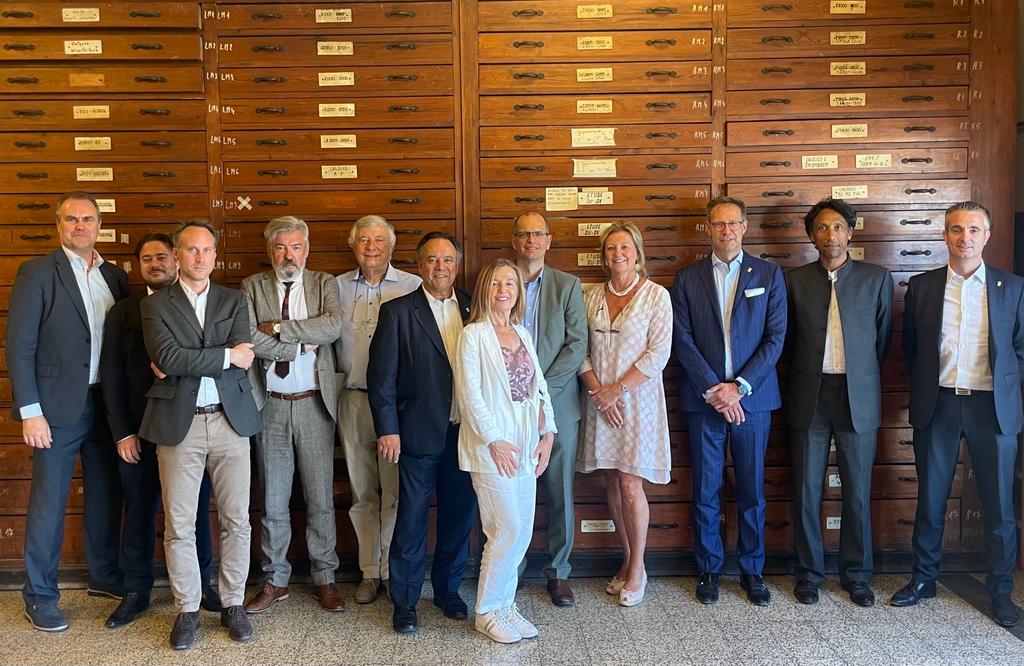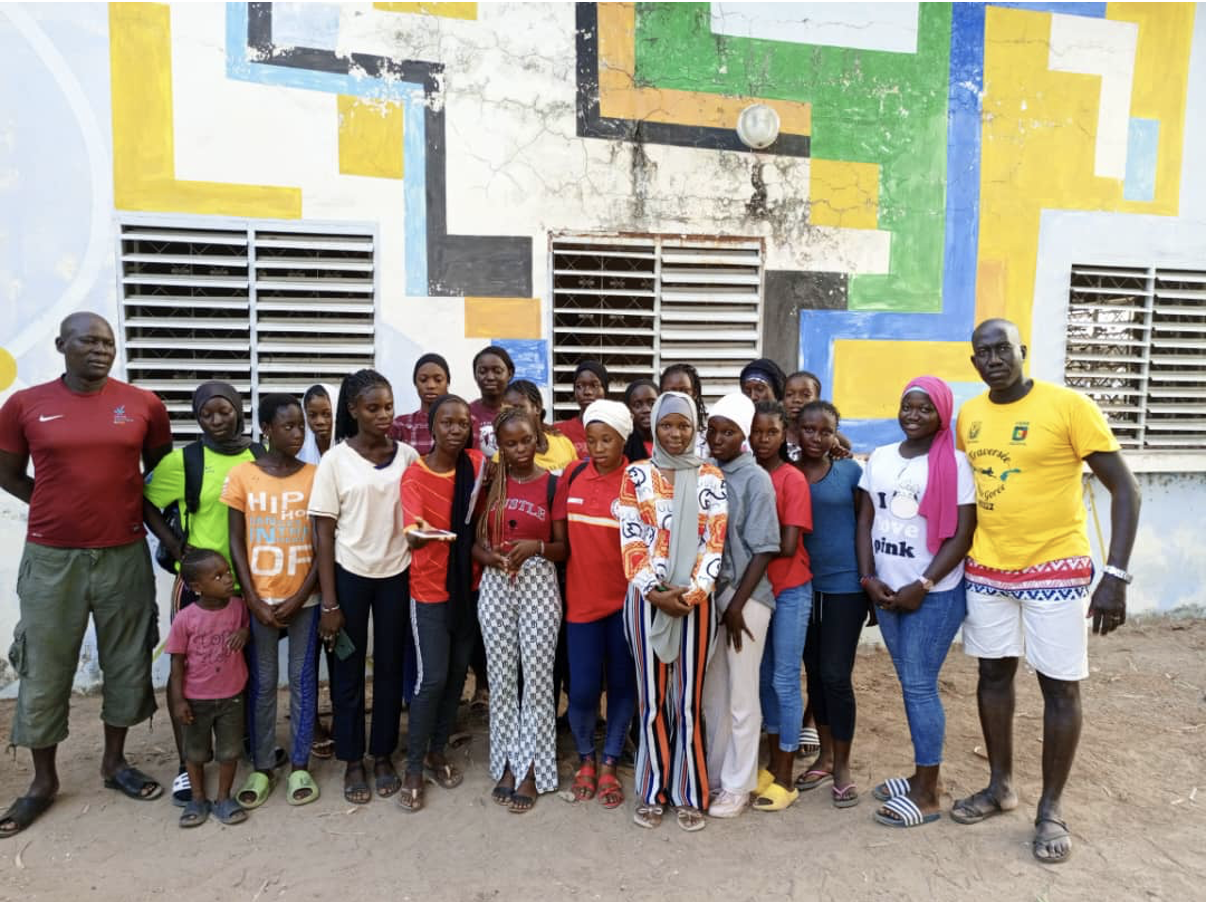- Par Laurence
- 19 juin 2025
Etienne GIROS : Africa is not a problem, it's a solution.
At the Automobile Club de Monaco, Étienne Giros debunks misconceptions about Africa and calls on European entrepreneurs to assume their role in a partnership for the future.
President of CIAN (French Council of Investors in Africa) and EBCAM (European Business Council for Africa), Étienne Giros was invited by CEMA to Monaco for a landmark conference to mark the release of his book 54 nuances d'Afrique (54 shades of Africa). With passion, humor, and great intellectual rigor, he delivered a lucid and committed vision of the African continent, its challenges, and its opportunities.
Why did you write this book, 54 nuances d'Afrique?
Because I was annoyed. Annoyed to see preconceived ideas about Africa spreading with impunity. We constantly hear that it is a corrupt, dangerous continent doomed to failure. This undermines investment, confidence and our influence. Something had to be done. So I took every cliché, every untruth, and turned it into a chapter, 54 in total—a nod to the 54 countries on the continent. The goal? To restore a fair and balanced image of Africa. And, if possible, to convince entrepreneurs and young people to go there.
What are the main obstacles to investment in Africa?
It's a combination of a profound lack of knowledge about the continent and an ideology that is sometimes malicious. Many elected officials, journalists, and public opinion are ignorant about what Africa is really like. And those who talk about it the most are often those who have been there the least. The result is an exaggeration of the risks and a minimization of the opportunities. Africa is perceived as an uncertain gamble, when in fact it is a growing market, a land of partnership, and a lever for mutual development.
You also say that Africa's demographics are not necessarily an opportunity?
Exactly. Having 4.5 children per woman, as is currently the case in sub-Saharan Africa, is no guarantee of growth. It is first and foremost a huge challenge. Cities such as Lagos and Kinshasa will exceed 35 million inhabitants. How will we house, educate, and employ everyone? If these children become a productive force, then yes, it is an opportunity. But if they don't, it's a social time bomb.
What about preconceived ideas about “Françafrique,” neocolonialism, and rejection of France?
Here too, we need to distinguish. There is no widespread anti-French sentiment in Africa. In some countries, there is a rejection of French policy. That's not the same thing. French companies are well perceived. Because they work well, because they have been there for a long time, because they respect their commitments. And often, they are the largest taxpayers in the countries where they operate. So we must stop beating ourselves up. It's counterproductive.
You also advocate a paradigm shift: less state diplomacy, more economics?
Absolutely. The narrative of our relationship with Africa can no longer be exclusively military or diplomatic. It must become economic and entrepreneurial. It is businesses that move things forward, build bridges, roads and schools, and create value. I am campaigning for us to highlight what we do well and stop hiding behind misplaced modesty. It's also a question of influence.
Is competition from China, Turkey, India, and the Gulf in Africa a threat?
It's a reality, not a threat. Africa has opened up to the world. That's a good thing. Competition forces us to be better. But it must be fair. European companies are subject to compliance, due diligence and regulatory rules that are sometimes very burdensome—rules that do not apply to Chinese, Turkish or Gulf competitors. This creates a major distortion of competition. And sometimes it pushes European companies to leave the continent, as is the case with some large French banks. This is tragic.
What do you propose in concrete terms?
I'm not saying let's get rid of the rules. I'm saying let's adapt them. We need to make the European institutions understand that these standards, if they are not contextualized, can become weapons against ourselves. In Africa, 80% of jobs are in the informal sector. There are no registers, no databases, few monitoring tools. Wanting to apply European standards there without support is unrealistic. We need to train, support and build. This is an opportunity for Europe to combine development and growth.
How do you see the future of Europe-Africa relations?
The time is now. The Global South is organizing itself, the BRICS are expanding, and geopolitical positions are being redistributed. Europe must choose: submit or engage. Africa is our neighbor and our natural partner. It is a market, an ally, an opportunity. If we don't understand this, others will do it for us. And in ten years' time, we will all say: “If only I had known...”
A final word?
Yes. Let's be bold. Let's go for it. Africa is not a problem. It is a solution. Provided we look at it squarely, without idealism or contempt. And commit to it with clarity, high standards... and confidence.

